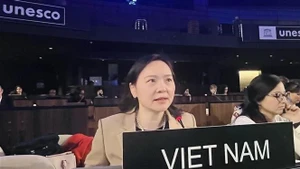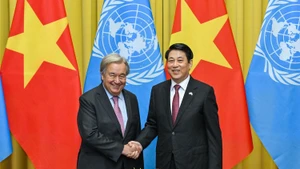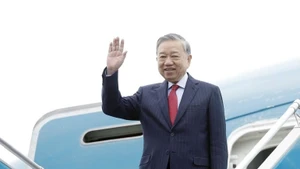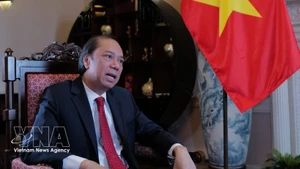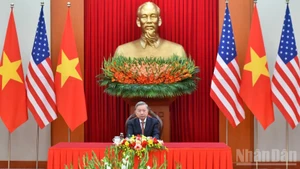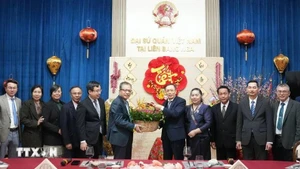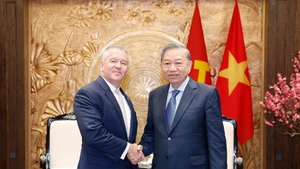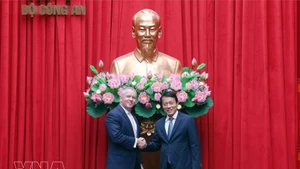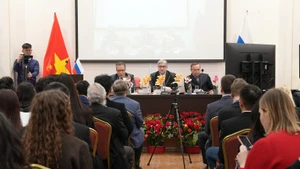Tallinn Old Town, a Baltic Sea gem dating back to the 11th century and becoming a member of the Hanseatic League – a commercial network of merchant guilds and market towns in Central and Northern Europe – in the 13th century, captivated PM Chinh with its well-preserved medieval charm. Designated a UNESCO world heritage site in 1997, the area blends historic allure with a vibrant modern atmosphere.

He drew parallels to Viet Nam’s own heritage sites such as Hanoi's Old Quarter and Hoi An's Ancient Town, noting that Tallinn’s approach to preserving cultural identity while leveraging heritage for sustainable development and global exchange offers valuable insights for Viet Nam.
At the Port of Tallinn, one of the Baltic Sea’s largest maritime hubs, he explored Estonia’s model for port development. Strategically positioned on Estonia’s northern coast along the Gulf of Finland, the port is a linchpin for trade, passenger and cargo transport, tourism, and defence industry.
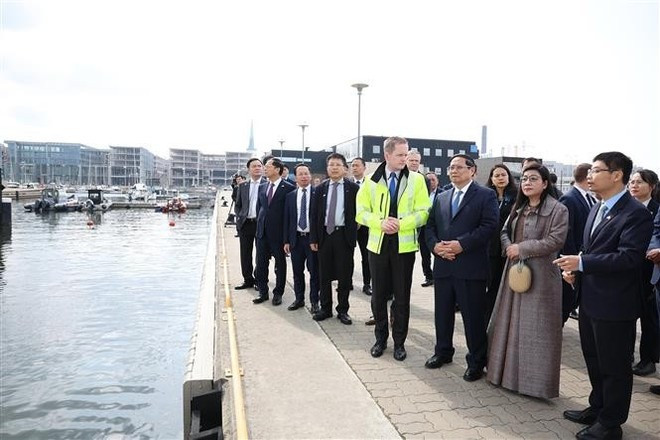
In discussions with port managers, he highlighted Viet Nam’s own maritime potential, with its 3,000km coastline and position along the international shipping route handling over 60% of global cargo. Viet Nam’s export-import turnover hit nearly 800 billion USD in 2024, while its tourism sector welcomed nearly 17.6 million foreign visitors, including thousands boarding luxury cruise ships.
The Government leader outlined Viet Nam’s port development plans, spotlighting international gateways like Lach Huyen, Van Phong, Cai Mep - Thi Vai, and Can Gio, alongside cruise ports in Ha Long, Da Nang, Nha Trang, and Phu Quoc.
He proposed collaboration with Tallinn’s port authorities, urging partnerships in technology, infrastructure investment, and expertise sharing to advance Viet Nam’s port system in the spirit of mutual benefits.
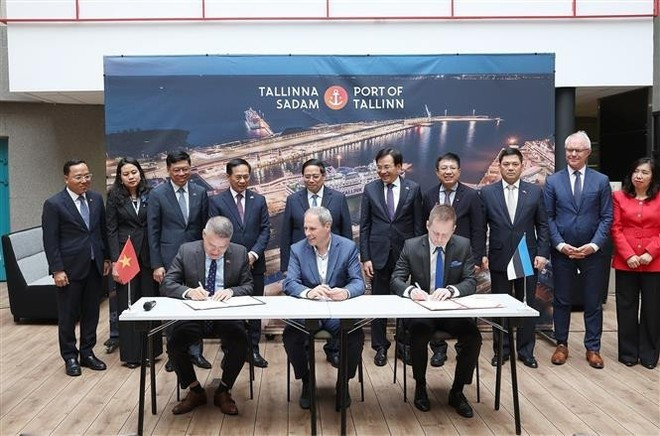
On the occasion, the Viet Nam Maritime Corporation (VIMC) and the Port of Tallinn signed a memorandum of understanding on smart port technology transfer, witnessed by PM Chinh and his spouse. This strategic cooperation aims to modernise Viet Nam’s port management, boost operational efficiency, and signal the strong potential for bilateral collaboration.


